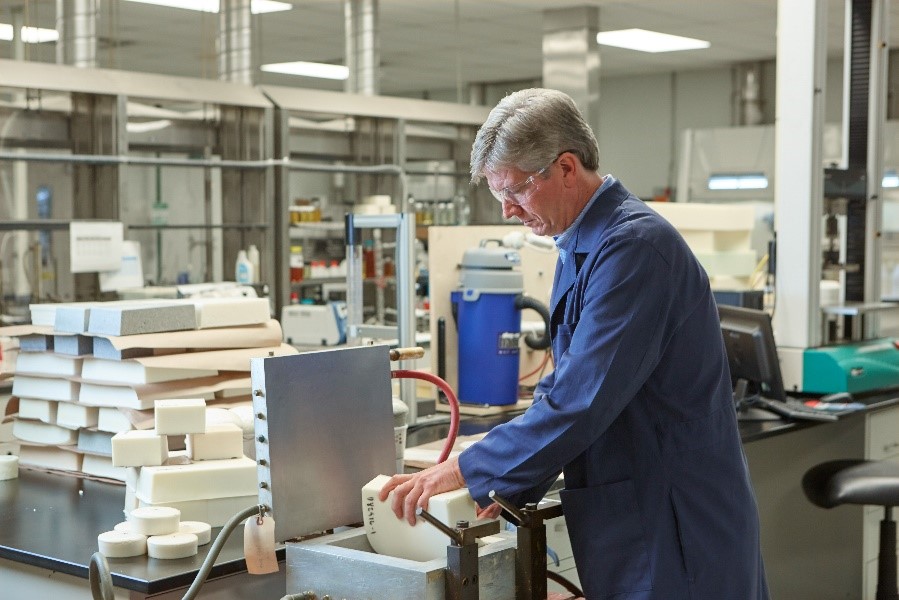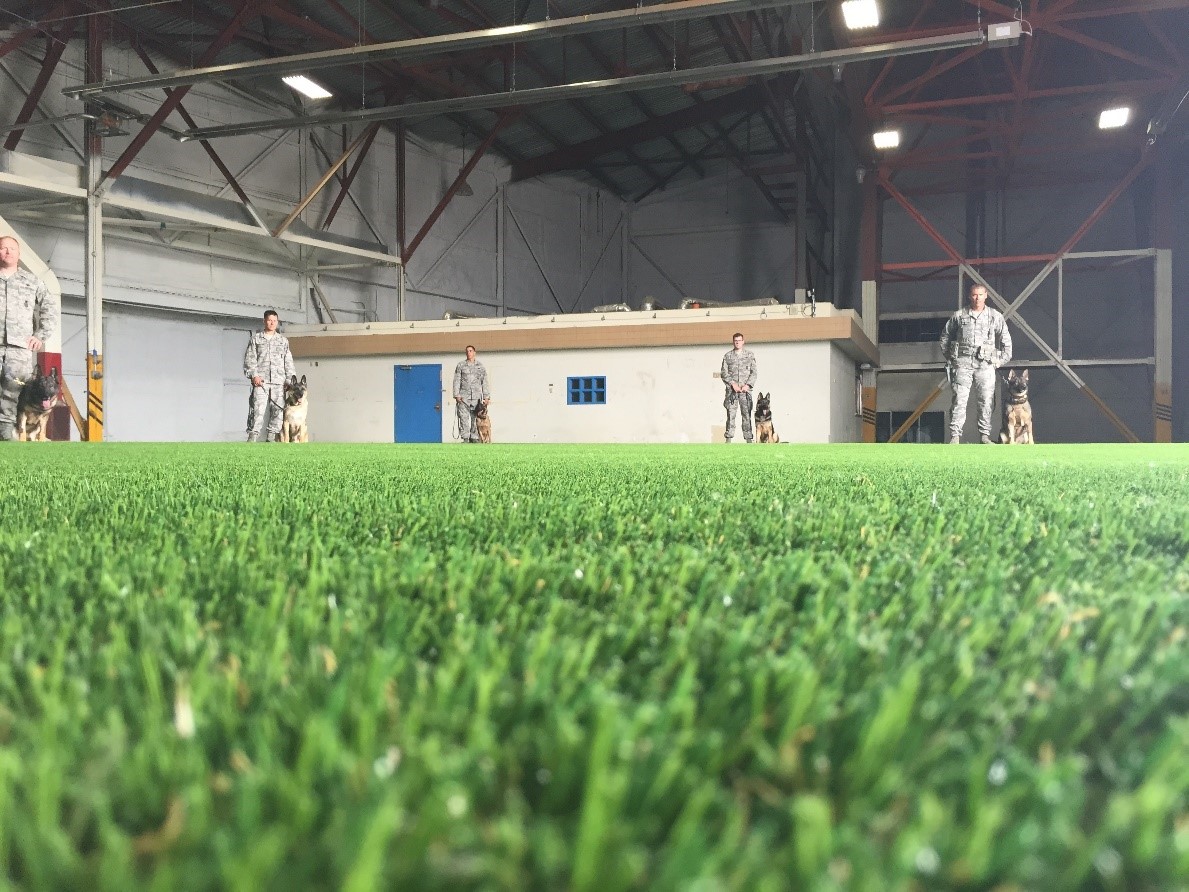One-on-One with BioBased Technologies®
 As corporate sustainability efforts grow, companies continue to search for innovative ways to incorporate renewable ingredients into their products.
As corporate sustainability efforts grow, companies continue to search for innovative ways to incorporate renewable ingredients into their products.
BioBased Technologies® (BBT), a leader in renewable chemistry, relies on soybeans and technology developed with USB research support, to help manufacturers, foamers, formulators and retailers make the transition to biobased ingredients as seamless as possible.
“We dig in as much as we possibly can to help our customers reformulate their products with sustainability as a key factor,” says Rick Speas, chief technical officer at BioBased Technologies. “We really take pride in our one-on-one interaction with our customers. The companies we work with have direct access to our teams, labs and many other resources.”
Speas elaborates on how BBT helps their customers transition to soy-based polyols as they make a corporate commitment to the environment.
“Customers can come to us for a basic raw polyol all the way to a complete formulated system,” Speas says. “Soy polyols are different from petrochemical-based polyols. They require some different formulating, but once they’re handled properly, they fit very nicely.”
BioBased Technologies introduced its Agrol® soy-based polyols line to the market in 2005. With biobased content ranging from 80.8% to 99%, several individual Agrol polyols are designated USDA Certified Biobased Products.
A Life Cycle Analysis, conducted by qualified third-party Omni Tech International, determined for every pound of Agrol soy polyols replacing petroleum, approximately 5.5 pounds of carbon dioxide equivalents are removed or prevented from entering the atmosphere. Because of the product’s ability to help reduce greenhouse gases and advance other environmental goals, the U.S. Environmental Protection Agency named Agrol a P2 Awardee in 2006.
When a company decides to incorporate soy-based polyols, systems or blends into their products, the benefits go beyond the environment.
“Depending on the application, there are a number of different benefits to these products,” Speas adds. “Our customers have reported improved shock attenuation, vibration dampening, better flow characteristics, improved resistance to compression sets and less sensitivity to temperature variation.”



